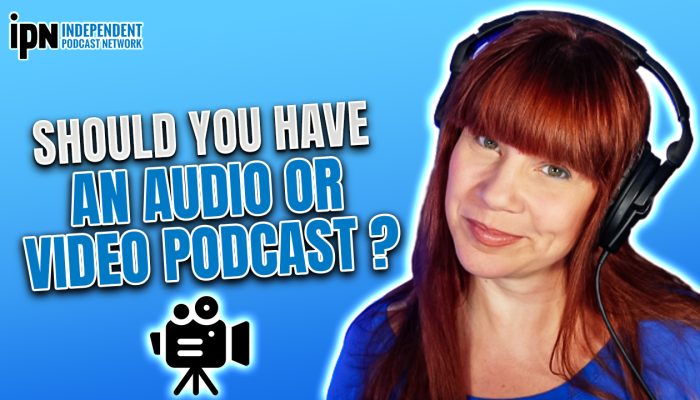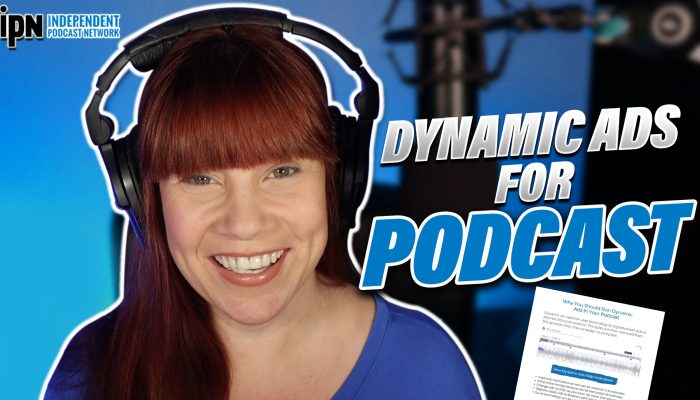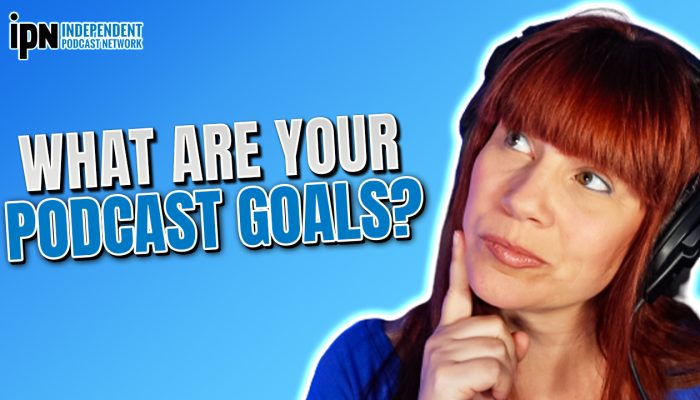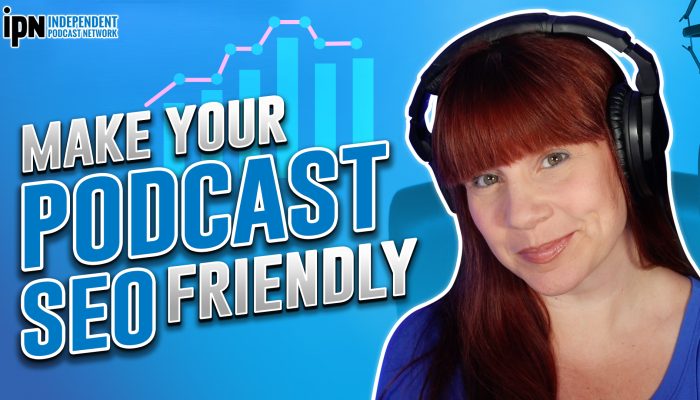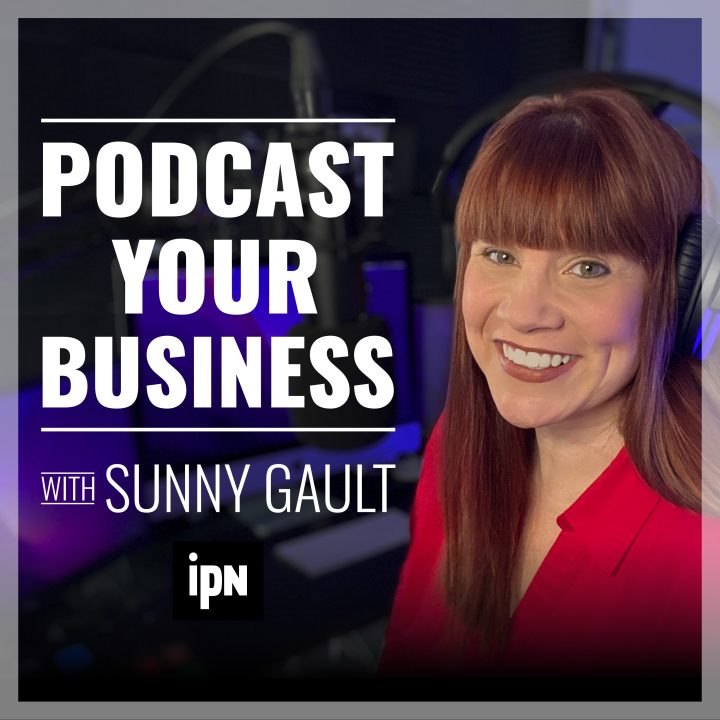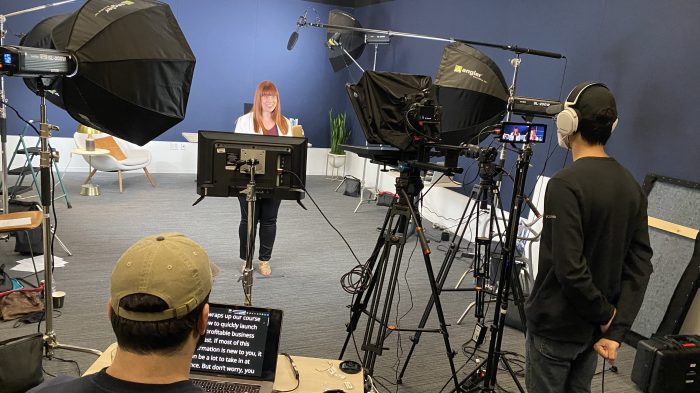Do you feel like your guests are just going through the motions instead of bringing their A-game to your show? We feel you! As fellow podcasters, we understand the struggle of creating content that truly resonates with your audience. That’s why we’ve put together this article to help you elevate your interviewing game and produce content that your listeners will love.
Now, let’s be real, interviewing isn’t always easy. It takes a lot of preparation, creativity, and skill to craft an interview that is not only informative but also captivating. But fear not! With our six tips, you’ll learn how to choose the right guests, build rapport, find common ground, listen actively, and more.

- Choose Guests You Actually Want to Interview
Before even starting an interview, you need to spend some time choosing a guest to interview. It’s not just about finding people who are relevant to your podcast niche but also selecting guests who you genuinely want to interview. Why? Because when you’re genuinely interested in someone, it shows in your interview. Your enthusiasm and curiosity will shine through and make your guest feel more comfortable and willing to share insights.
It goes beyond the actual expertise your guest can offer to your podcast. Also consider their personalities and communication styles. You want someone articulate, engaging, and comfortable in front of a microphone. It’s also important to choose guests who are open-minded, adaptable, and willing to share their opinions.
- Build Rapport Before the Interview
Creating a connection with your guest before the interview is crucial for a successful podcast. It not only makes the guest more comfortable but also allows for a more authentic conversation. Here are a few specific things you can do to build rapport with your guests before the interview even starts:
- Start with an icebreaker: Before you dive into the interview, take a few minutes to chat with your guest about something unrelated to the podcast. This could be anything from the weather to their favorite sports team. The goal is to make them feel at ease and to establish a friendly tone for the interview.
- Connect over shared experiences: Before the interview, do some research on your guest’s background and see if there are any shared experiences you have had. Maybe you both went to the same college or grew up in the same town. This can be an excellent way to break the ice and establish a common ground.
- Show interest in their life outside the podcast: Ask your guest about their personal life, hobbies, or interests. This can help them feel more comfortable and relaxed, and it shows that you care about them as a person beyond just the podcast interview.
- Be yourself: It’s important to be authentic and let your personality shine through during the interview. This helps to establish a connection with your guest and makes for a more enjoyable conversation.
Incorporating these actions into your pre-interview process can help you establish a stronger connection with your guest, leading to a more engaging and authentic conversation.
- Thoroughly Research Your Guest
When it comes to conducting a great podcast interview, doing your research is key. By taking the time to thoroughly research your guest, you’ll be able to ask insightful and relevant questions that will make for a more engaging conversation.
One way to research your guest is to check their social media profiles. By looking at their Twitter, Instagram, and LinkedIn accounts, you can gain insight into their interests, opinions, and personality. Additionally, reading any work they’ve published or listening to their previous interviews can give you a better understanding of their perspective and ideas.
Don’t be afraid to Google your guest and see what comes up. You might uncover interesting stories or facts that you can incorporate into your conversation.
Before the interview, it’s also a good idea to reach out to your guest and ask for their input on topics they would like to cover. This not only shows that you value their opinion, but it also ensures that the conversation is relevant and interesting to both you and your guest.
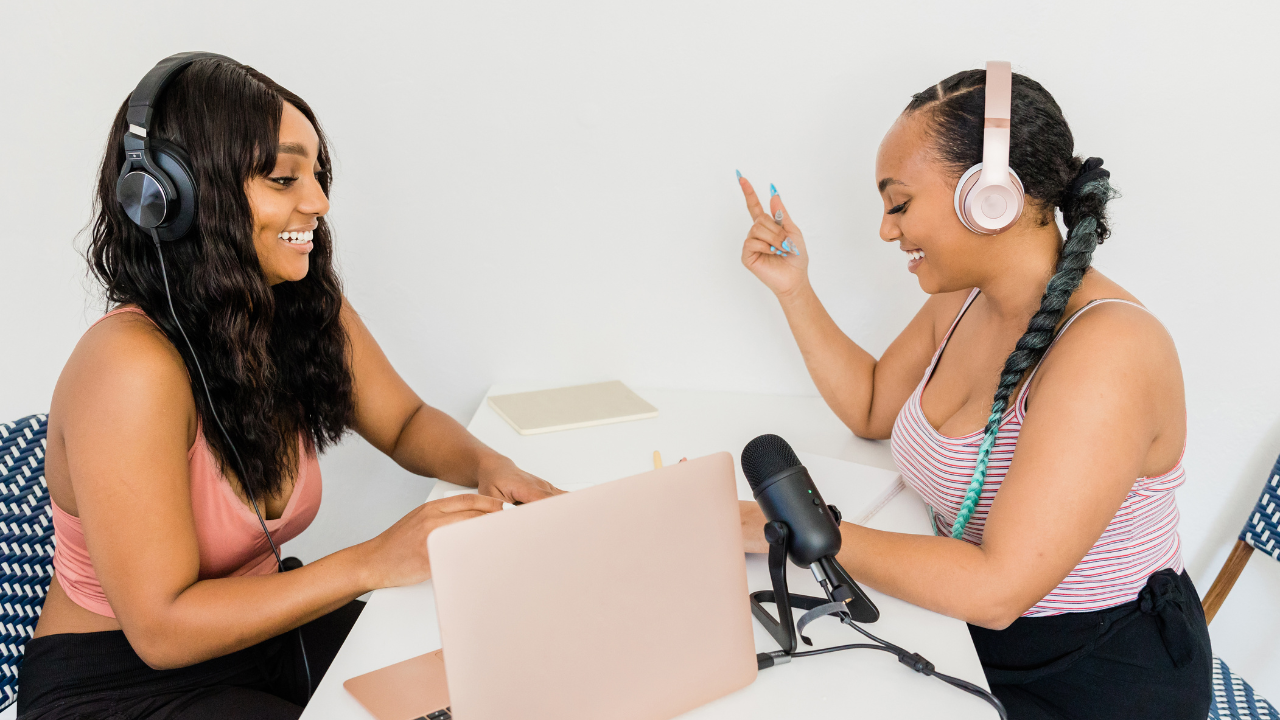
- Focus on the Conversation Instead of Your List of Questions
Once you’ve done your research and built rapport with your guest, it’s time to start the interview. But instead of sticking rigidly to your list of questions, try to focus on the conversation itself.
This might sound counterintuitive – after all, you’ve spent time and effort crafting your questions, and you don’t want to miss anything important. But here’s the thing: if you’re too focused on your list, you might miss out on the natural flow of the conversation. You might interrupt your guest, or steer the conversation in a direction that feels forced or unnatural.
Instead, try to listen to what your guest is saying and respond in the moment. If they say something interesting, ask a follow-up question. If they seem hesitant or uncertain, offer some encouragement or ask for clarification. Pay attention to their body language and tone of voice, and adjust your approach accordingly. You can also take notes during the interview to practice better active listening and base your questions on their previous statements. After the interview, you can even use these notes to repurpose your podcast content.
Of course, this doesn’t mean you should abandon your questions altogether. They can serve as a useful starting point or guide, especially if you’re dealing with a particularly shy or reticent guest. But the key is to be flexible and adaptable. And always remember to let the conversation flow naturally. With a natural conversation, your guest becomes more likely to share unique insights about their experience or expertise.
- Learn From Your Previous Interviews
After you’ve conducted an interview, it’s easy to move on to the next one without giving it much thought. But if you want to become a better interviewer, it’s important to take the time to reflect on your previous interviews and learn from them.
One way to do this is to listen back to your interviews. Pay attention to your performance – did you interrupt your guest too much? Did you ask enough follow-up questions? Were there any awkward silences or moments of confusion?
But don’t just focus on your performance – also pay attention to your guest’s responses. Did they seem engaged and enthusiastic, or did they seem bored or disinterested? Were there any questions that seemed to elicit particularly interesting or insightful answers?
As you listen back to your interviews, take notes on what worked well and what didn’t. You might even want to create a “lessons learned” document or spreadsheet to keep track of your insights.
Conclusion
Conducting effective interviews on your podcast takes time, effort, and practice. But with these six tips in mind, you’ll be well on your way to creating engaging, insightful, and memorable content for your listeners.


